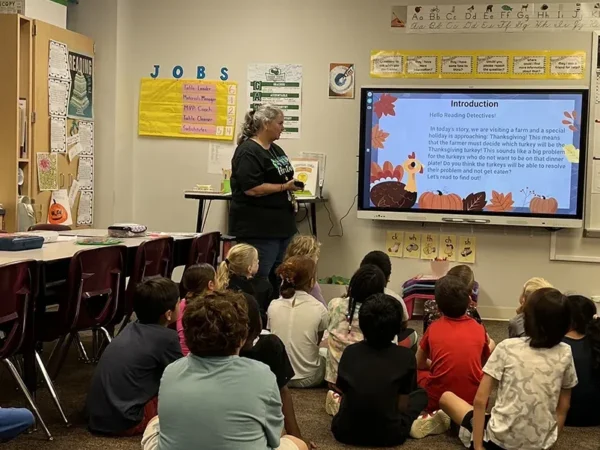
Latino Persistence In Education: Finding A Balance
The number of Latinos in higher education is increasing. However, Latinos are the least educated ethnic group in terms of bachelor’s degree completion with only 16 percent attaining a bachelor’s degree or higher.
According to Dr. Linda Castillo’s research, part of the problem may stem from intragroup marginalization. In other words, being teased by family members for not being Latino enough can impact a student’s motivation to continue in college.
Dr. Castillo, professor of counseling psychology, and her research team knew the importance of addressing this because of their own experiences in the education pipeline. Dr. Castillo had many instances where she was treated differently by white students and faculty for being Latino, but it was not until she was in college that she noticed her family’s views start to change. They treated her differently because of the way she spoke and for not being Latino enough.
“It hit me that I was changing. The way my family would react to me was ‘why are you talking like that? What do you mean by that?’ I didn’t even realize I was speaking differently,” Dr. Castillo explained.
Dr. Castillo says her family related it to her “acting white” by using academic words they equated with how white people talk.
“That’s what’s coming back at me and coming back at other college students of color. They’re hearing that from family and Latino friends and begin to experience a division that’s going on within their families because they are being treated differently.”
In the meantime, another stressor comes into play. Latino students are hearing from fellow students, professors and even school administrators that they are not intellectually capable of performing well. Those messages cause Latino students to start questioning themselves and questioning whether they should continue their education.
“It’s being subtly told that we don’t have the chops to get in to a program or, if we get in, it’s because we got in through Affirmative Action. It’s the way we are told, the messages that we get,” explained Dr. Castillo. “Not only are you experiencing self-doubt because you have the university environment questioning you and your intellectual ability, but then you have members of your own cultural group saying you aren’t like them. You have this tension going on and it is stressful.”
The key, according to research, is flexible cultural expression. In other words, honoring the attitudes and behaviors of both the Latino heritage and white host cultures.
“Like many students of color, I struggle with feelings of impostor syndrome and minority stress, especially during job talks. Our research findings help me challenge the internal dialogue that tells me to ‘tone down’ aspects of myself,” added Dagoberto Heredia, a doctoral student in counseling psychology and a member of the research team. “Thanks to our study, I can say my bicultural identity is a source of strength, there is power in owning my Mexican-American upbringing and I have what it takes to navigate dynamic professional spaces. This information helps us understand the benefits of biculturalism and that it is indeed possible to honor the attitudes and behaviors of both the Latina/o heritage culture and white host culture.”
Another factor in Latino students’ stress is related to the perception of the university environment and how comfortable the student is within the university community. Because of this, Dr. Castillo and her research team recommend developing programs that help individuals feel more connected to the Latino heritage culture.
When it comes to interventions to recruit and retain Latino college students, Dr. Castillo’s research has proven that those interventions must be customized because what makes one student want to persist will be different from another.
“The end goal for this is to bring back this information to university personnel. Do we need to change policy? Do we need to change how we work with Latino students? Yes, we do need to customize how we do interventions with Latino students because one size does not fit all,” said Dr. Castillo.
About the Writer
Ashley is the Media Relations Coordinator and responsible for news coverage in the Department of Teaching, Learning and Culture as well as the Department of Educational Psychology.
Articles by AshleyFor media inquiries, contact Ashley Green.














